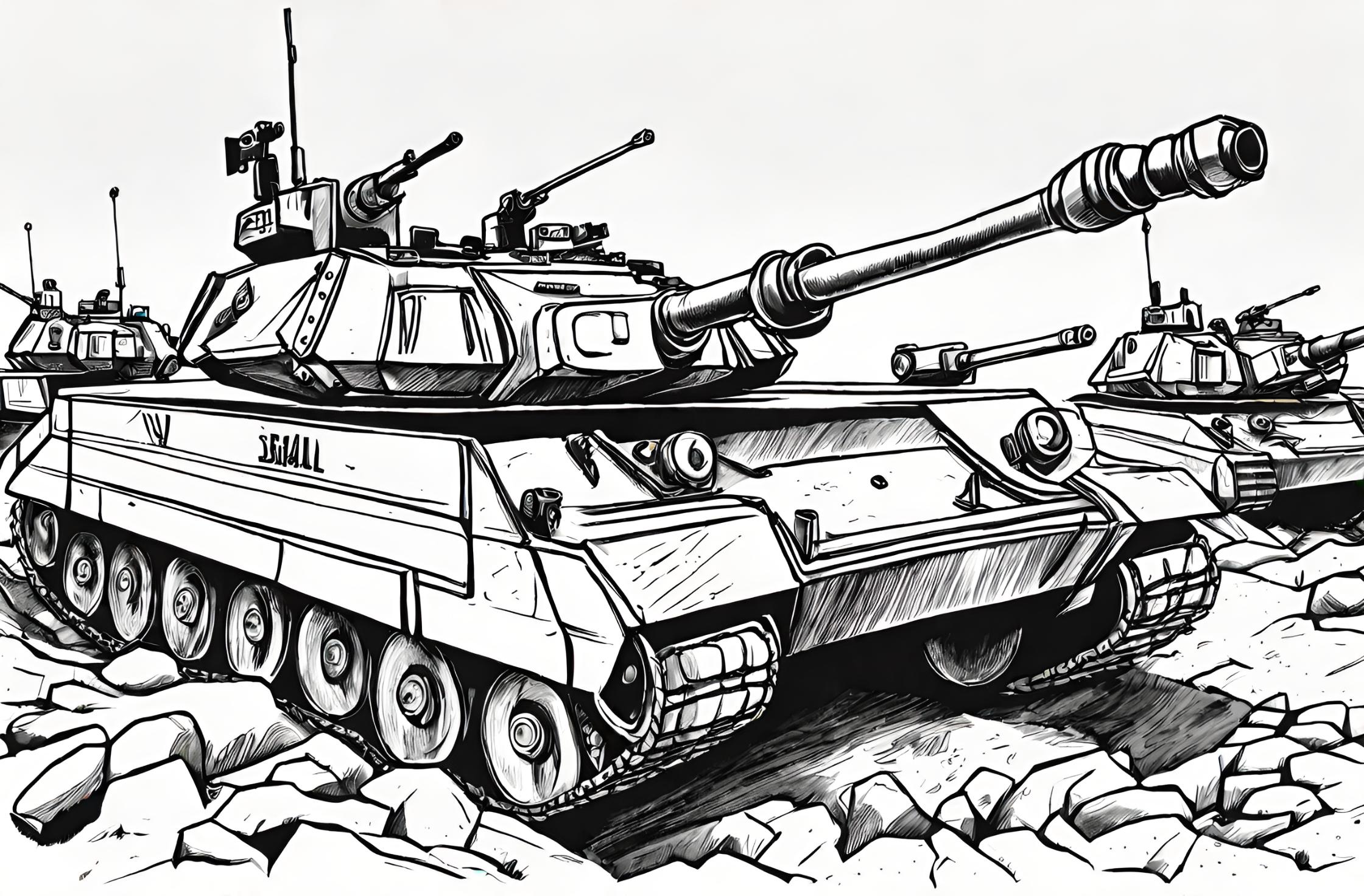Flashback to January 3
World History

1962
The Soviet Union transmits a proposal for ending the Cuban Missile Crisis: The missile bases would be removed in exchange for a US pledge not to invade Cuba
Read moreOn the momentous date of October 26, 1962, during the height of the Cold War, the world witnessed a significant turning point: The Soviet Union transmitted a proposal to end the Cuban Missile Crisis. This proposal involved the USSR agreeing to dismantle its missile bases in Cuba, provided that the United States pledged to refrain from invading Cuba. This historic event is instrumental in our understanding of international dynamics during the Cold War period, making it an essential area of discussion for scholars, historians, and those keen on international relations.
Leading up to this date, the relationship between the United States and the Soviet Union was fraught with tension. The disagreement between these international superpowers was exemplified by the Cuban Missile Crisis – a terrifying stand-off that had the potential to ascend into a full-blown nuclear conflict. This crisis arose when the United States discovered Soviet missile bases on Cuban soil, which was considered a direct threat to US national security. Against this backdrop, the Soviet Union’s proposal on October 26 marked a significant de-escalation of such tensions, with global implications.
In understanding the significance of this event, it is important to delve into the details of the proposal itself. The Soviet Union offered to dismantle its missile bases in Cuba, thereby alleviating a significant part of the threat against the United States. However, this offer was contingent upon a US pledge to abstain from invading Cuba in the future.
This nuanced approach represented a very strategic diplomatic move from the Soviet Union. It not only demonstrated a willingness to de-escalate tensions but also reflected the Soviets’ desire to safeguard its ally – Cuba. The proposal underscores the overarching theme of the Cold War, marked by a delicate balance of power and deft diplomacy.
The importance of the United States’ response to this proposal cannot be overstated. Recognizing the ramifications of their potential decisions, the US government negotiated skillfully to reach an agreement that would not only alleviate immediate threats but also secure a safer future. Consequently, they agreed to the terms set by the Soviet Union, promising not to invade Cuba henceforth.
This marked a monumental victory for diplomacy in the world of international relations. Thankfully, it averted what could have been a disastrous outcome, proving the power of negotiation and diplomacy, even in the face of intense political and military tension. The role of the Soviet Union, the United States, and Cuba in this crisis provides key insights into the geopolitics of the time.
When analyzing the importance of this event from a broader historical perspective, one can observe the lasting effects that the resolution of the Cuban Missile Crisis had on global politics. It signified an ability of these global powers to compromise and negotiate, thereby avoiding catastrophic escalation.
With the proposal’s transmission on October 26, 1962, the world breathed a collective sigh of relief, as the message sent was not one of further aggression, but of peace and diplomacy. The Cuban Missile Crisis stands today as a testament to the dangers posed by nuclear weapons and the potential for a diplomatic resolution to even the most heated political conflicts, making Oct 26, 1962, a pivotal date in our shared history.
The Cuban Missile Crisis, hence, has become a significant talking point in studies pertaining to international law, conflict and resolution, and world history. The date of October 26, 1962, will forever be remembered as a landmark moment illustrating the potency of diplomatic negotiation and its ability to outshine warfare, even at the zenith of the Cold War.
We strive for accuracy. If you see something that doesn't look right, click here to contact us!
Sponsored Content

Israel launches a ground…
In a significant development,…

British forces assault the…
During the historic event…

At Wandsworth Prison in…
On January 3, 1946,…

Burma accepts its constitution.
On January 3, 1974,…

Tax revolt in Haarlem…
Discover the historic tax…

Willem F R÷ell Dutch…
Willem F R÷ell, Dutch…

